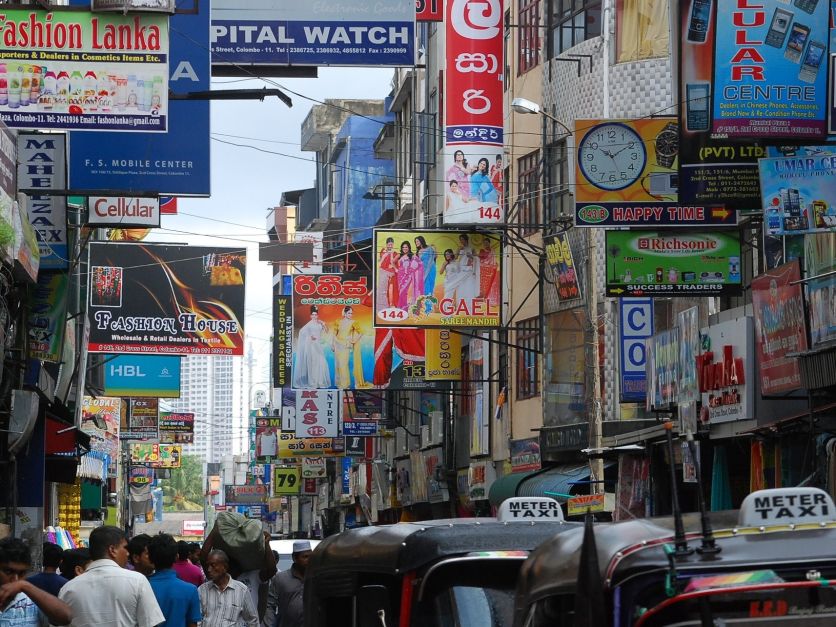India says its latest ban on rice exports is an effort to fight domestic food inflation, but the U.S. rice sector says the measure will add large quantities of cheap grain to the international market and push down prices that American farmers get for their crop.
The Indian ban on long grain rice – excluding basmati and parboiled – will likely help U.S. rice exporters in the short term by driving up global prices, USA Rice Federation Vice President of Policy and Government Affairs Peter Bachmann tells Agri-Pulse, but the situation will eventually reverse when India sells its hoarded stocks on the international market.
“This is just another example of India playing games with global food security, citing concerns over domestic supplies despite tens of millions of metric tons in government stocks in addition to what’s stored privately,” said Bobby Hanks, chair of the USA Rice Federation’s International Trade Policy Committee. “With this action, India can quickly build more stocks that they’ll eventually dump back on the world market at dirt cheap prices and continue this cycle again.”
Bachmann says he expects major rice exporters like Vietnam could shift exports away from customers in Latin America to buyers in places like Africa to cover the shortfall out of India. That would allow U.S. exports to regain market share, but only temporarily.
It’s easy to sign up for a FREE month of Agri-Pulse news! For the latest on what’s happening in Washington, D.C. and around the country in agriculture, just click here.
“We see this as a short-term positive for U.S. exports, a negative for global food security, and then a long-term problem for the horrible cycle of India building stocks way up and then dumping on the world market the same way China’s done with cotton in the past,” Bachmann said.
Hanks says India’s ban will force other rice-exporting countries to scramble to try to make up for the roughly 20 million tons India exports yearly.
If India held on to its stockpiled rice, USA Rice wouldn’t have a problem with it, Bachmann said.
“If they’re stockholding to keep it there for people to eat and it’s a closed system … that’s fine,” he said. “Subsidize all you want, but don’t dump it.”
For more news, go to www.Agri-Pulse.com.


